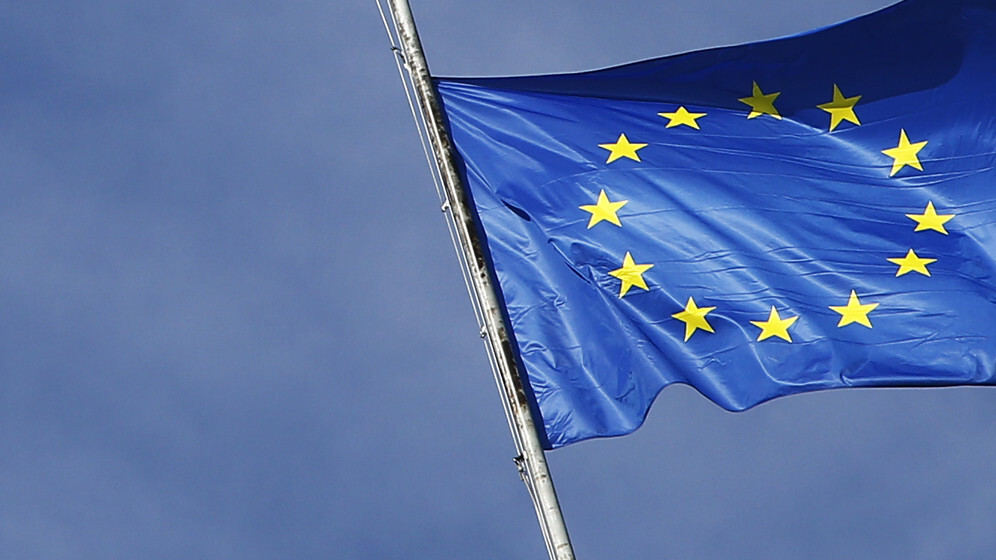
The European Commission has fired a warning shot at Bundesnetzagentur (BNetzA), the telecoms regulator for Germany, after the latter announced plans that could increase mobile termination rates to up to 80 percent higher than other EU countries.
Termination rates are the amounts that one mobile network operator charges another for closing a call on their network. So if a person is on Vodafone, but calls a friend on 02, the latter will charge Vodafone for terminating the call on its network.
The European Commission is worried that by hiking these rates up, mobile network operators will simply move that cost onto the user, either by increasing their contract amount or the price associated with each call.
As a result, the Commission has sent a letter to BNetzA, explaining that the rates set out in their new proposals, filed in January, do not comply with the Recommendation on Termination Rates, set out in 2009 as part of EU telecoms legislation.
It has also suspended BNetzA’s proposals – effective immediately – and could adopt further measures, including recommendations or binding decisions, if their approach persists “across the EU in the longer term.”
Higher mobile termination rates could also result in a power play between network operators in Germany. Telekom and Vodafone are the market leaders and could strengthen their position if they try to price each other, or smaller network operators, out of the competition.
The EU Commission says they are also worried that consumers in other countries, including Portugal, Italy, Spain and Greece (where some of Germany’s network operators are also present) could see higher call costs due to cross-subsidising.
“The vast majority of Member States play ball and are now applying EU telecoms rules in a coordinated way that brings maximum benefit to consumers and to competition,” Neelie Kroes, Vice President of the European Commission said. “German operators should not be given special treatment.”
BNetzA now has three months to work with the EU Commission, as well as the body of European telecoms regulators (BEREC), to come up with a solution.
Image Credit: ALEXANDER KLEIN/AFP/GettyImages
Get the TNW newsletter
Get the most important tech news in your inbox each week.





